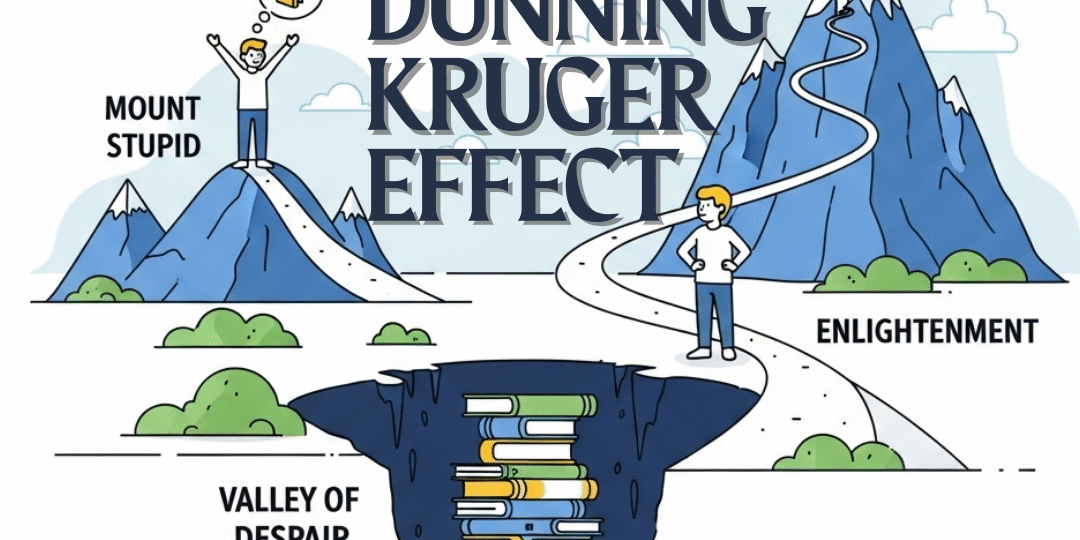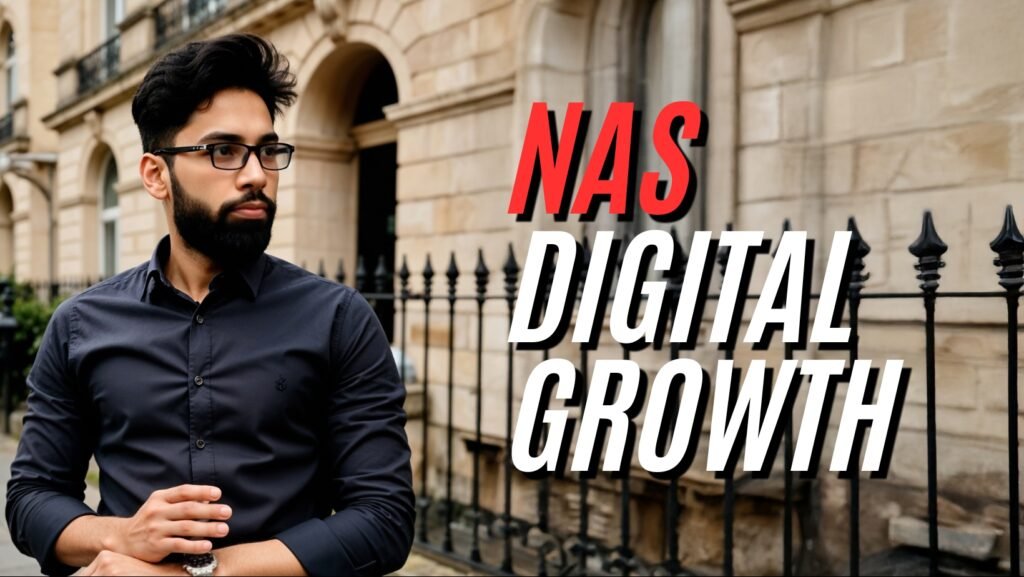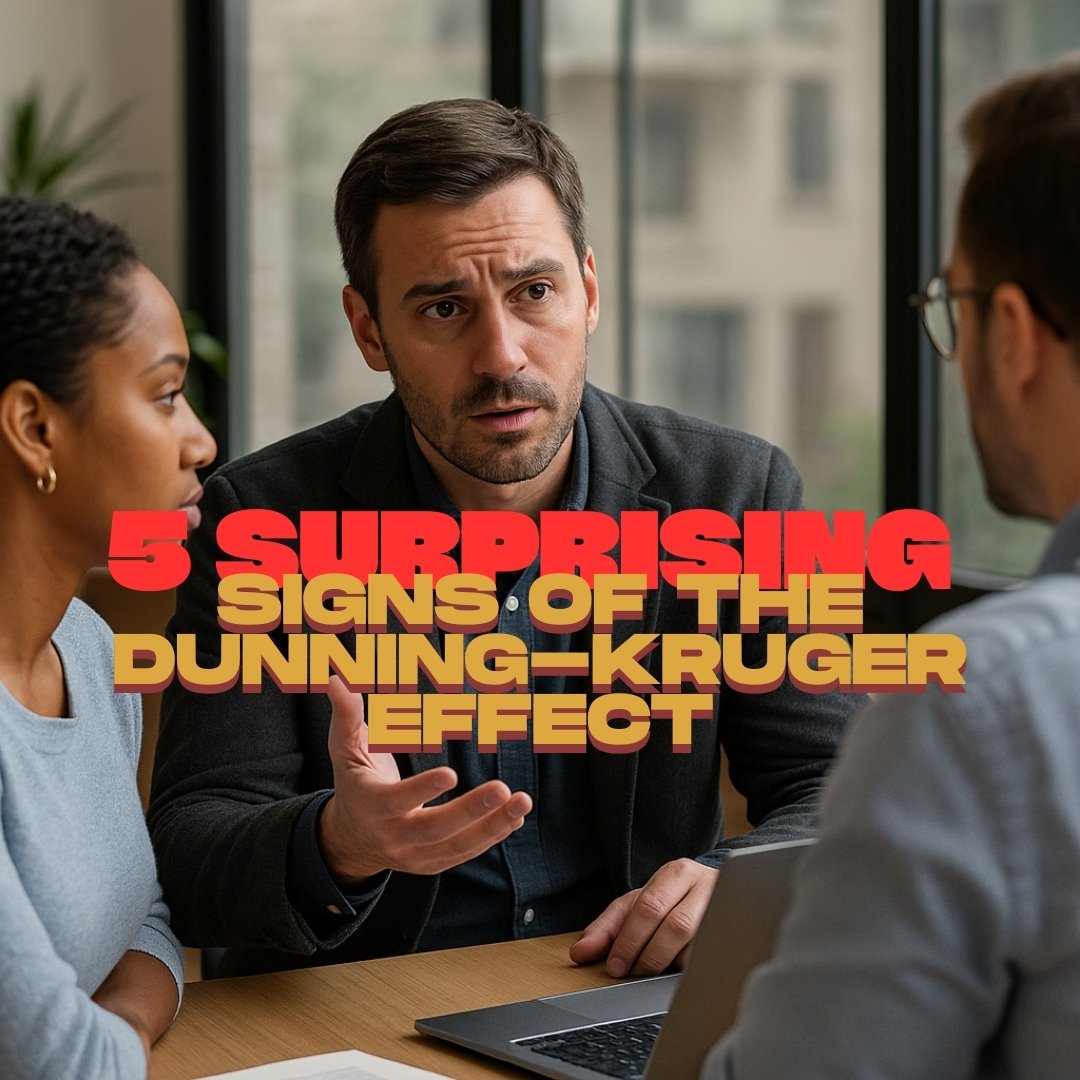The Astonishing Psychology Behind a Lemon Juice Heist
August 27, 2025 | by Nas Digital Growth

In 1995, McArthur Wheeler did something exceptionally foolish. He robbed two Pittsburgh banks in broad daylight without a mask or disguise. In fact, he smiled confidently at the security cameras before making his escape. As a result, police showed up at his door just hours later. When they presented him with the surveillance tapes, Wheeler stared in disbelief. “But I wore the juice,” he mumbled, genuinely baffled.
He was referring to the lemon juice he had smeared on his face. You see, Wheeler firmly believed the juice would make him invisible to security cameras. His logic was simple: lemon juice works as invisible ink. Therefore, he thought it would hide his face. He even tested this theory by taking a Polaroid of himself. The picture came out blank, which, despite being a camera fluke, was all the proof he needed. This wasn’t a prank. Instead, Wheeler was simply a victim of his own profound incompetence. Consequently, his comical story became the spark for a psychological discovery that explains why we are often so bad at judging ourselves.
The Birth of the Dunning-Kruger Effect
As you might expect, this bizarre tale caught the attention of two Cornell psychologists: David Dunning and Justin Kruger. What truly fascinated them wasn’t the crime’s stupidity. Rather, it was the incredible confidence behind it. This question led them to their landmark 1999 study, “Unskilled and Unaware of It.” In their research, they tested students in grammar, logic, and humor. Afterwards, they asked each student to estimate their own performance.
Specifically, their study revealed a startling cognitive bias:
- The Worst Performers Were the Most Overconfident. The students who scored in the bottom quartile didn’t just do poorly. In fact, they dramatically overestimated their performance, believing they were well above average.
- The Top Performers Underestimated Their Ability. On the other hand, the students who scored in the top quartile tended to slightly underestimate their performance. They assumed that because the tasks felt easy, they must be easy for everyone.
The researchers named this phenomenon the Dunning-Kruger effect. It’s a cognitive bias where people with low ability overestimate their skill. Simply put, you need the same knowledge to be good at something as you do to recognize how bad you are at it.
The Confidence Curve: From “Mount Stupid” to True Expertise
To understand this better, picture the Dunning-Kruger effect as a curve. When we first learn a little about a new subject, our confidence often skyrockets. We don’t know enough to realize how much we still have to learn. This initial peak of overconfidence is humorously called “Mount Stupid.”
However, as we continue to learn, we begin to grasp the subject’s complexity. We see how much we truly don’t know. Consequently, our confidence plummets into the “Valley of Despair.” It’s only through continued effort that our confidence begins to rise again. This time, it is grounded in genuine expertise, not ignorance.
More Than Just a Bank Robber’s Mistake
The Dunning-Kruger effect is more than a story about a man with lemon juice on his face. It is a universal human tendency that appears everywhere. For instance, studies show that over 80% of drivers rate themselves as “above average”—a statistical impossibility. Likewise, in the workplace, an underperforming employee may be the last person to recognize their own flaws. Social media is also a breeding ground for this effect. There, people with very little knowledge often argue with total certainty.
Ultimately, the greatest danger isn’t just looking foolish; it’s the inability to improve. You cannot correct your mistakes if you don’t know you are making them.
The Antidote: A Dose of Humility
So, how do we avoid this trap? The best antidote is metacognition, which is the ability to think about your own thinking.
First, keep learning. The more you know, the more you’ll realize there is still more to learn. Second, seek honest feedback. An outside perspective is the fastest way to see your blind spots. Finally, question your certainty. The next time you feel 100% sure about something, pause for a moment. Ask yourself: “How do I really know this?”
McArthur Wheeler’s lemon juice heist secured his place in history. More importantly, it taught us a powerful lesson. True wisdom isn’t about unshakable confidence. Instead, it begins with the humility to recognize your own limits.
Watch the animated breakdown of the Dunning–Kruger Effect — the strange psychology that explains why people with the least knowledge are often the most confident. From the hilarious lemon juice bank robbery to talent show auditions gone wrong, this video reveals why “stupid people think they’re smart” and how true wisdom begins with humility.
Shatter Your Mindset. Build Your Wealth.
If this post revealed the invisible cage you’ve been living in, don’t let that realization fade. The 40-Day Financial Transformation series is designed for anyone who is done feeling stuck—and is ready to build a new future.
✅ Deconstruct the limiting beliefs holding you back. ✅ Master the language of assets and leverage. ✅ Follow a clear roadmap to financial security. ✅ Build real wealth, not just manage survival.
🔗 Get Notified for the Free Video Series — Because your financial future isn’t decided by your past. It’s built by the choices you make today.
Explore our full blog playlists — each one crafted to shift your mindset and strategy:
🧠 Believe and Become helps you rediscover who you really are beneath the doubt.
🎯 Believe and Visualization shows how to shape your future by rewiring your inner world.
🚀 Dream Big challenges you to expand your vision beyond your current limits.
🏗️ From Nothing to Empire shares how ordinary people turned pain into purpose.
🗣️ He Spoke It First reveals how your words can reshape your entire destiny.
💼 Learn and Earn gives you real-world digital skills to turn into income.
🔁 Miracle of Discipline teaches how tiny consistent habits create massive long-term wins.
⚡ Stop Thinking, Start Doing is your call to action if you’ve waited too long to start.
Each blog isn’t just a read — it’s a mindset shift.
Your Bold Breakthrough Starts Now

You’ve Lived by Their Rules Long Enough. Now It’s Time to Write Your Own — and Build Your Own Future. If that blog post felt like someone finally put your struggle into words, that’s not just a realization—it’s your wake-up call. You’ve managed survival. You’ve stayed in the “safe” lane. But a deeper part of you knows you were meant for more. It’s time to stop just managing. It’s time to start building.
So ask yourself this: What if I stopped being a consumer of someone else’s dream—and started being the owner of my own?
You don’t need a perfect plan. Just a new blueprint. Playing it safe won’t make you secure. Building will. Your next move isn’t to wait for the fear to fade—it’s to build your own path, boldly, with Nas Digital.
And when you’re ready to scale faster, Nas Digital Consultancy is here — with websites, content, branding, and digital strategy that actually works.
Obedience Trained You. Now Ownership Sets You Free.
At Nas Digital, we stand by two life-changing truths:
A mindset that questions the system
And a skillset that builds beyond it
If you’re ready to stop trading time for money — and start building assets, freedom, and long-term value — it begins here. Download the free blueprint. Reach out to our team. Make the move that turns your paycheck mindset into a builder’s path.
🔗 Get the Free Guide Now
💬 Chat With Us on WhatsApp
You’ve heard the story. You’ve seen the blueprint. Now it’s your move.
You’ve heard the story. You’ve seen the blueprint. Now it’s your turn to lead. Join Nas Digital Growth. Learn the skills. Build the future. The empire you want already exists — you just need to start building. Learn. Build. Rise. Because being rejected isn’t the end.
Ready to Transform Your Life?
Get instant access to 100+ world-class programs, 1,000+ guided meditations, a global growth community, and an AI-guided path tailored just for you. Try Mindvalley risk-free for 15 days — no questions, no hassle.
You’ve heard the story. You’ve seen the blueprint. Now it’s your move.
You’ve heard the story. You’ve seen the blueprint. Now it’s your turn to lead. Join Nas Digital Growth. Learn the skills. Build the future. The empire you want already exists — you just need to start building. Learn. Build. Rise. Because being rejected isn’t the end.
Ready to Transform Your Life?
Get instant access to 100+ world-class programs, 1,000+ guided meditations, a global growth community, and an AI-guided path tailored just for you. Try Mindvalley risk-free for 15 days — no questions, no hassle.
Nas Digital Growth Blueprint
A powerful step-by-step system to build your brand, learn digital skills, and turn knowledge into income.
🔗 Get the Blueprint
Nas Digital Consultancy
Your expert partner for content, branding, web design, and growth marketing—designed to help you scale with confidence.
🔗 Explore Consultancy Services
🔗 Visit Our Official Website
FREE Done-For-You Business Blueprint
Get a plug-and-play plan to kickstart your online business—no guesswork, just results.
🔗 Claim Your Free Blueprint
Imagine $10K in 30 Days
Visualize it. Strategize it. Achieve it. This free tool helps you see what’s truly possible.
🔗 Try It Now
NDC Agency (UK-Based Consultancy Site)
Tailored digital solutions for UK, NZ, AU, and Irish businesses.
🔗 Visit NDC Agency
Mindvalley: Your Growth, Amplified
100+ world-class programs, guided meditations, and AI-personalized transformation—all in one platform.
RELATED POSTS
View all

